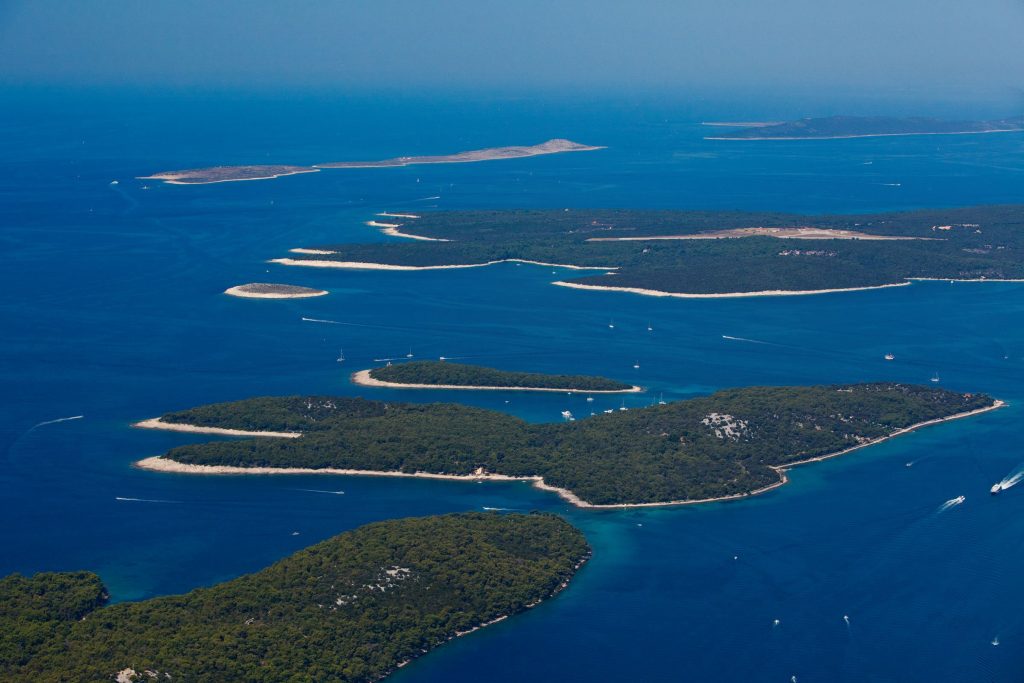As Hina reports, the deputy mayors of Hvar and Cres warned that citizens are still unaware of the green economy’s importance, which makes it challenging to introduce a circular economy on islands.
“The most difficult phase in achieving sustainable development is to explain to ordinary citizens why the energy transition would be a step forward,” said Marin Gregorović, deputy mayor of Cres.
The circular economy is a production and consumption model that encourages sharing, borrowing, reuse, repair, recovering, and recycling of products and materials to achieve the product’s added value. Such a concept has a positive effect on reducing the amount of waste.
Commenting on the inefficient disposal of waste on the islands, Gregorović noted that “the system is not working well” and that “we have not yet reached the stage of resolving the issue of biowaste disposal.”
“Although we have a recycling yard and dual waste management on Cres, and we plan to build a composting plant, the story of the circular economy is still just – a story,” said Gregorović.
Kuzman Novak, deputy mayor of Hvar town, added that “the fundamental problem at the national level is waste management.”
“We take the garbage bags out of the house, and they are taken away, which we don’t see, so we don’t think they are our concern anymore. That is the key problem,” Novak said, explaining the underdeveloped environmental awareness of citizens.
“When we talk about sustainable development, it’s not just about solar power plants and waste management, it’s essentially developing an awareness not to be selfish,” said Novak.
The new EU Action Plan for the Circular Economy is one of the key elements in achieving climate neutrality, which is a central goal of the European Green Plan. Voting on the new EU circular economy action plan, the European Parliament this month called for additional measures to achieve a carbon-neutral, environmentally sustainable, and fully circular economy by 2050.
To read more about lifestyle in Croatia, follow TCN’s dedicated page.








